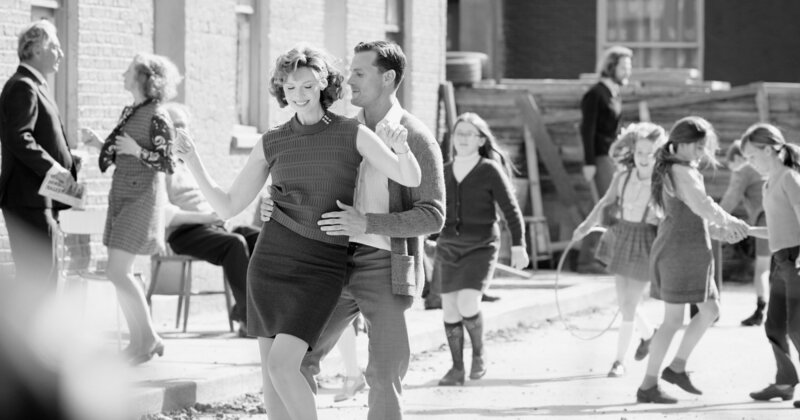At the end of Kenneth Branagh’s Oscar-nominated movie “Belfast,” words appear over a lingering shot of the city’s legendary shipyards: “For the ones who stayed. For the ones who left. And for all the ones who were lost.”
The poignant epithet sums up the conflicting emotions that Branagh said he grappled with in making the movie, a nostalgia-filled reflection on his childhood in the working-class north Belfast, Northern Ireland, of the 1960s. It tells the story of his own family, who lived happily alongside their neighbors until sectarian rioting transformed their peaceful street into a scene of menace and despair, eventually forcing them to flee.
In addition to being nominated for seven Oscars, including best picture and best director, “Belfast” has been celebrated by people around the world for exploring the emotional complexities of displacement and what it means to see one’s home, with all its familiarity and warmth, violently disrupted and turned into something unrecognizable.



 Belfast
Belfast Movies
Movies


